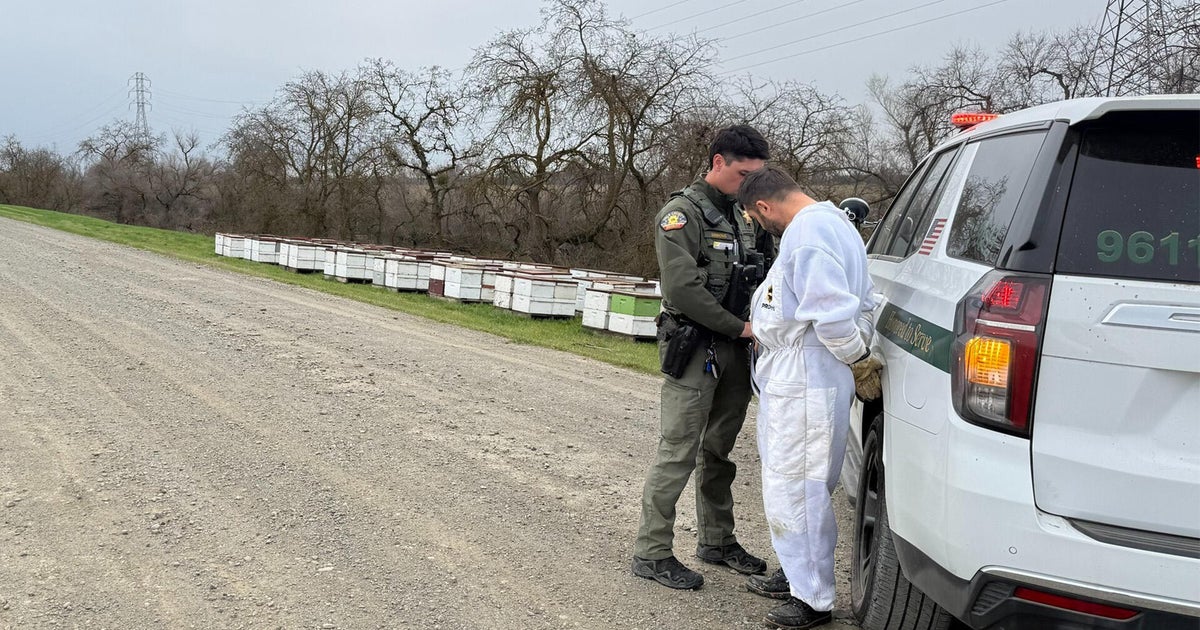Group Seeks To Restore Wolves Nationwide
BILLINGS, Mont. (AP) -- An environmental group filed notice Tuesday that it intends to sue the federal government to force adoption of a plan to recover gray wolves across the lower 48 states.
The predators were poisoned and trapped to near-extermination in the United States in the last century. But they have bounced back in some wilderness areas over the last few decades.
Biologists with the Arizona-based Center for Biological Diversity said Tuesday they want to expand that recovery nationwide.
In the notice filed with the Interior Department, the group said it will sue within 60 days if the agency doesn't start crafting a plan to expand wolf ranges. The Endangered Species Act requires the agency to be notified two months before a lawsuit is filed.
Despite making gains in some areas since the species was first listed as endangered in 1974, the gray wolf remains limited to about 5 percent of its historical range. About 6,000 wolves live in the lower 48 states. They are protected from hunting except in Alaska.
"Wolves once roamed nearly the whole country and down into Mexico," said Noah Greenwald with the Center for Biological Diversity.
"We've learned from where wolves have been reintroduced that they have a tremendous benefit," he said. "They force elk to move around more, which allows riparian vegetation to come back and increases songbirds, and they control coyote populations."
Like the Bush administration, the Obama administration has pushed to end federal protections for wolves and turn control over the animals over to the states.
Public hunts for wolves have been allowed briefly in Montana, Idaho and Wyoming, but were halted after the federal government was rebuffed by the courts in several attempts to take the animal off the endangered list.
Judges have ruled that the government has not proved existing wolf numbers would ensure the population's long-term survival.
Wolves are notorious predators with a hunger for livestock, and experts say they could survive in most of the country if they were allowed.
Young adult wolves sometimes travel hundreds of miles when looking to establish a new territory. In the last several years, packs have gained a toehold in parts of Oregon and Washington. Others have been spotted in Colorado, Utah and northern New England.
But as packs continue to multiply their taste for livestock and big game herds coveted by hunters has stoked a rising backlash.
Several bills are pending in Congress to strip the predators of their federal protections, including in areas of the desert Southwest where a restoration efforts have struggled to take hold.
Those bills could die at the end of the year when the current session ends. Lawmakers have pledged to reintroduce the measures.
(© Copyright 2010 The Associated Press. All Rights Reserved. This material may not be published, broadcast, rewritten or redistributed.)







